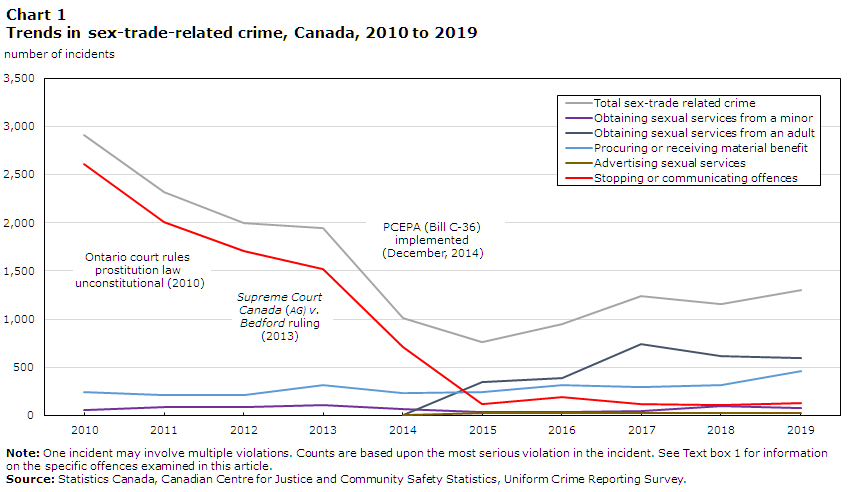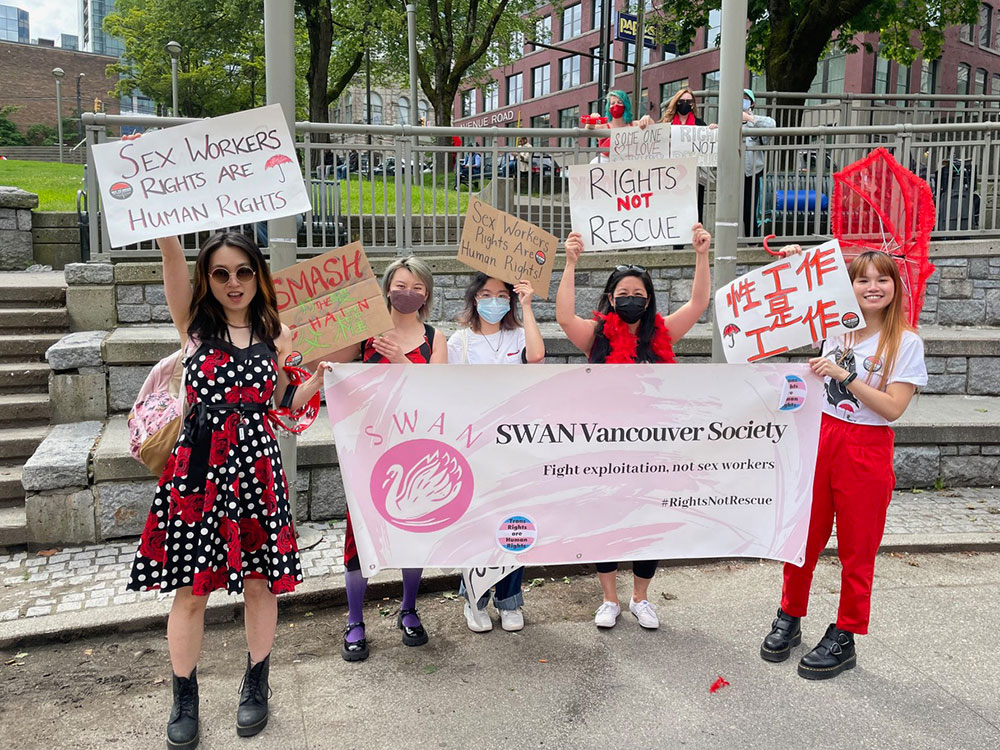You are just trying to justify your ignoring of these inappropriate exclusions in favor of your stated position that all sex work is violence or is bad.
You are straight up lying. That is not my stated position.
You are resorting to lies, insults and baiting suggesting your arguments are weak. Otherwise it wouldn't be necessary.
Whether or not a particular study adheres to the principles or not is specific to the study. It is always best to know how study participants were chosen and what the specific questions were as well as the order in which they were given, and depending on the issue if there were control groups involved.
Prostitution has been notoriously difficult to study. There is no record in New Zealand of whether violence went up or down after decriminalization because no actual medical records were kept for comparison. Almost all studies rely on opinion surveying. Sex workers that want decriminalization are motivated to answer in certain ways. Sex workers that have exited and consider the industry harmful are motivated to answer differently.
The words of sex workers on both sides of the isle deserve to be heard. So do the words of police and social workers and researchers.




![[Tyee]](http://thetyee.ca/design-article.thetyee.ca/ui/img/yellowblob.png)
